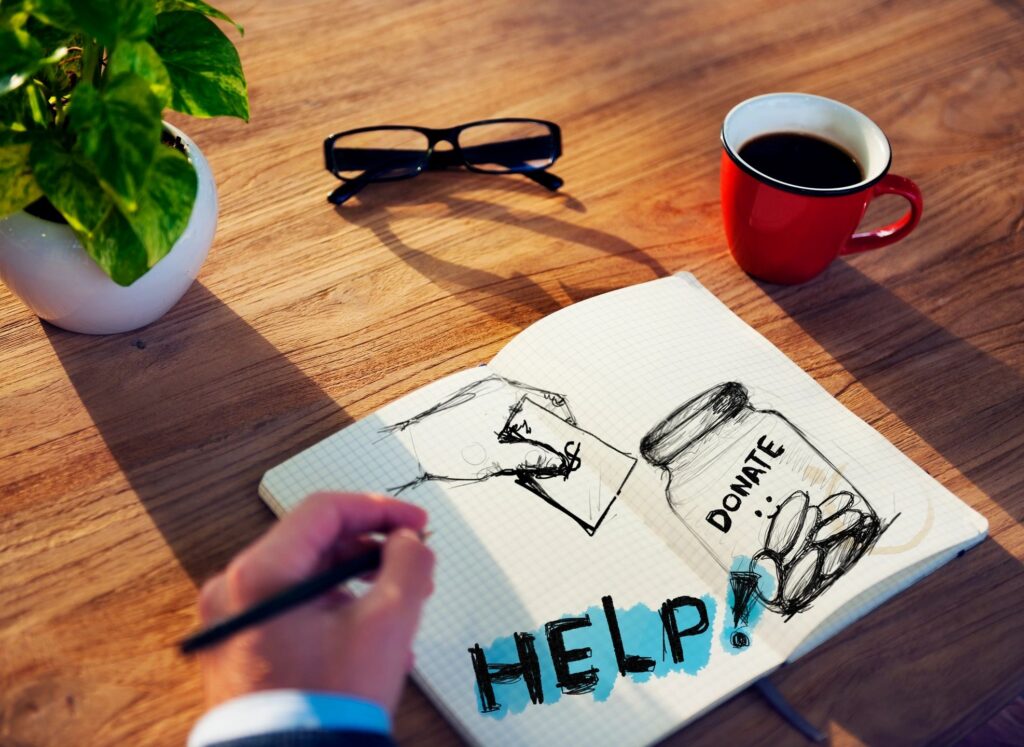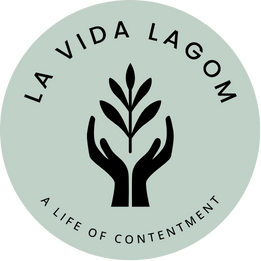
‘Money doesn’t buy happiness’ or so they say, but is it true?
Studies, such as that of Ed Diener, have shown that there is a correlation between increased money and life satisfaction if you are living in poverty; however, for the majority of people living in the first world they will see very little correlation between money and happiness.
Other studies such as that carried out by Danny Kahenerman and Angus Deaton suggests that for those at the lower levels of income, there is a perception that emotional wellbeing rises with wealth but only to a point. The survey suggests that threshold for annual wealth is $75k (around £58k). Anything earnt above this does not significantly increase happiness.
So whilst wealth does not make you happy, it is clear that having your material needs met does, but once you have enough to do that, any extra money you have does not significantly increase your happiness. You could say that a lagom amount of money is what you need to be happy.
There is sometimes a catch 22 situation with having more money. Often more money = more possessions – more things to fill our home. More things in our home means less space, more cleaning, more maintenance and less money for other activities.
Here are some suggestions for managing the imbalance in your financial wellbeing using the principles of lagom:
1. Understand how much you need ‘v’ how much you earn
In order to understand what your level of ‘just the right amount’ is when it comes to your financial wellbeing, you need to understand your figures. Here are some suggested activities to help you do this:
- Identify and list all your current outgoings
- Bucket your outgoings into two categories:
- Essential (i.e. your material needs – home, food, clothes, childcare & transport to support working etc)
- Non-essential
- Identify and list all your current incomings (this might not all be salary but could be money from investments, property etc)
- Identify any gaps between your incomings and outgoings (positive or negative)
- Analyse how many of the non-essential purchases add value or bring you happiness
- Identify any non-essential items that could be stopped
2. Aim to reduce any debt
Having financial debt, whether it’s considered “good debt” or “bad debt,” can cause serious emotional effects such as depression, anxiety, regret, resentment, denial, shame, anger and stress.
A level of ‘good debt’ such as a mortgage or business loan, might be lagom for you and ‘just the right’ amount of debit might be helpful in achieving your life goals; however, it is only ‘good’ if you are able to comfortably make the re-payments each month and it is adding value to your life.
We can speak from experience on this one. When we met, we both had a substantial amount of debt from our previous relationships and ultimately having spent our early adult years making poor financial decisions. Unfortunately for several years in our relationship, we continued to make poor financial decisions – making ‘fun’ purchases on credit to enjoy instant gratification and not considering the long-term impacts those purchases would have. We ended up in a position of working evening jobs on top of a full-time job just to make ends meet. Luckily, as the years went on our incomes steadily increased and we finally realised that the only way to improve our quality of life was to reduce our debt.
For the last two years we have been actively working to reduce the debt and aim to be debt clear by 2021. Here are some suggestions for reducing the debt:
- Stop creating more debt – create a budget – aim to live within your means and only make purchases if you can afford them
- Pay more than the minimum due – where possible overpay on existing loans or credit cards to clear the debt quicker
- Focus on one debt at a time – you can often make more noticeable progress by making a big payment to just one of your accounts each month until that debt is completely repaid rather than spreading smaller payments across multiple debts
- Keep to your budget even when debts start to go down or your salary goes up – continue to use that ‘debt repayment’ money or any extra money from salary to pay off any other debts until they are gone
- Don’t be scared to ask for help – speak to the bank or other financial organisation who can offer advice or assistance in paying off the debt quicker – there may be options of consolidation loans or lower interest rates that can help you to get debt free quicker
3. Save for the future
Aim to set aside a little each month – even if you are also working towards reducing debt. This may sound counterintuitive as you could be using that money to pay off your debt instead of sticking it in a savings account, but an emergency fund can actually keep you from creating more debt and knowing that you have money set aside for that rainy day will take away some of the financial stress often caused by the ‘what if’ situation.
Living lagom is not just about living for today but also considering what you need for the future. A report published by Barclays in June 2019 suggests that “…finding the right balance between enjoying a good quality of life today while also setting aside savings for future goals, providing the comfort of a financial buffer for a rainy day – has the potential to deliver significant improvements to life satisfaction in the UK. The amount that households save is found to be a more reliable predictor of life satisfaction than other financial variables such as income. Furthermore, the goal of saving more is one that is attainable – to some extent at least – for the vast majority of households, meaning that it is possible to increase life satisfaction without necessarily having to transform incomes.”
4. Make purchases with intention
The Minimalists (Joshua Fields Millburn and Ryan Nicodemus) have a rule to avoid impulse purchases called the 30/30 rule and it is one that we have adopted. If something costs more than $30 (we use £30) then wait 30 hours before purchasing it (hence 30/30). If something costs $100 or more (again we use £100) then wait 30 days before purchasing it. If after this time we still want to make the purchase, then it is worth the spend, we know that what we are buying will add value to our life and we have spent the money with intention. However, if we have managed to survive that time without the purchase, it is likely that we didn’t really need it after all.
Living lagom is thinking about the consequences of the actions we take. Will that impulse buy really make me feel happier in the long run, or will it just be something else that I must find a home for, maintain and eventually dispose of? A deal is only a deal if you really need what is on offer.
5. Aim to buy quality over quantity
Living lagom means an avoidance of consumerism and living more sustainably. Unfortunately, modern society falls foul of the ‘throw away’ culture, purchasing cheap goods knowing that they won’t last and will ultimately end up having to be thrown away. Look to buy things that will last and take care of them, so they do. Aim to buy items that have been made (and sold) in a sustainable way.
There was a 2019 fictional BBC drama called Years and Years which followed a family in Manchester from 2019 to 2034 (it was quite interesting to see how they predict life will be in 14 years time). In the last episode the ‘Grandmother’ gave a speech (it starts on page 13 here If you’re interested to read it) that struck a chord…“It’s that one pound t-shirt. A t-shirt that costs one pound. We can’t resist it. Every single one of us, we see a t-shirt that costs one pound, and we think, oh that’s a bargain, I’ll have that. And we buy it. Not for best. Heaven forfend. But a nice little t-shirt for the winter, to wear underneath, that’ll do. So the shopkeeper gets five miserable pence for that tshirt. And some little peasant in a field gets paid nought point nought one pence, and we think that’s fine. All of us. We hand over that quid and buy into that system, for life.”
By living using the principles of lagom, simplifying your lifestyle, living within your means and making conscious financial choices, it is possible to not need the income that you think you do. You do not need to be rich or spend a lot of money in order to be happy. By creating more space in your life, you become happier and more open to new opportunities, ones more suited to your new lifestyle.
Want to know more about living lagom? Take a look at our wellbeing pages and blog or feel free to reach out via our contact page.
